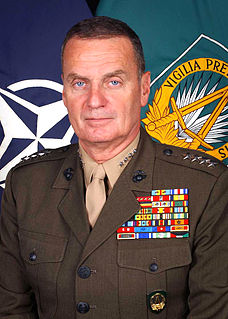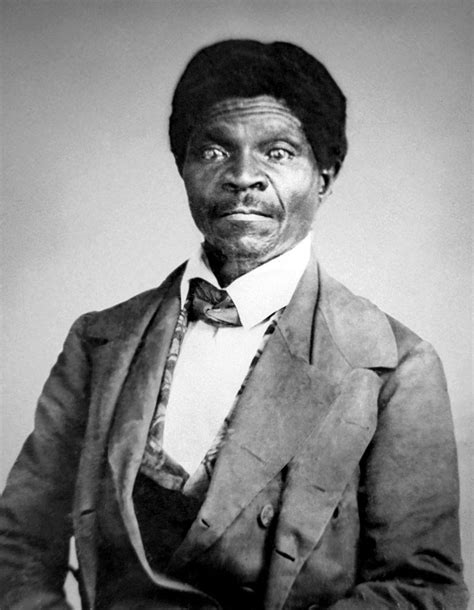A Quote by David Del Tredici
I began like all composers, writing for small groups. Chamber groups.
Quote Topics
Related Quotes
I am in total opposition to any institutional power. I favor a world of neighborhoods in which all social organization is voluntary and the ways of life are established in small, consenting groups. These groups could cooperate with other groups as they saw fit. But all cooperation would be on a voluntary basis. As the French anarchist Proudhon said. “Liberty [is] not the daughter but the Mother of Order.
For most of modern life, our strong talents and desires for group effort have been filtered through relatively rigid institutional structures because of the complexity of managing groups. We haven't had all the groups we've wanted, we've simply had the groups we could afford. The old limits of what unmanaged and unpaid groups can do are no longer in operation.
I worry most about proliferation of weapons of mass destruction in such a way that they could be acquired by non-governmental organizations, like terrorist groups, especially the radical groups. When a nation state has a nuclear weapon, it's a little bit easier to control the use of it, but for non-governmental groups it's much more difficult.
If you look back at history or you look at any place in the world where religious groups or ethnic groups or racial groups or political groups are killing each other, or families have been feuding for years and years, you can see - because you're not particularly invested in that particular argument - that there will never be peace until somebody softens what is rigid in their heart.
The demonization of Islam and immigrants shows that perception of difference remains one of our biggest problems, and maybe always will be for a species that began in small groups competing with other groups for resources. These apparently competing forces for sameness and difference sometimes even seem to be mutually reinforcing. The homogenizing force of globalization tends to make many people feel they are on the losing side, economically and culturally, and it is they who are most easily turned against those "others" who are demonized by demagogues.
In the States, there has been, compared to the Sixties and Seventies, a huge retrenchment - not just in poetry - into the personal. A withdrawal from thinking in terms of social and collective values, needs and solutions. The consciousness-raising groups of the women's movement, for instance, becoming "support-groups" or therapy groups.








































